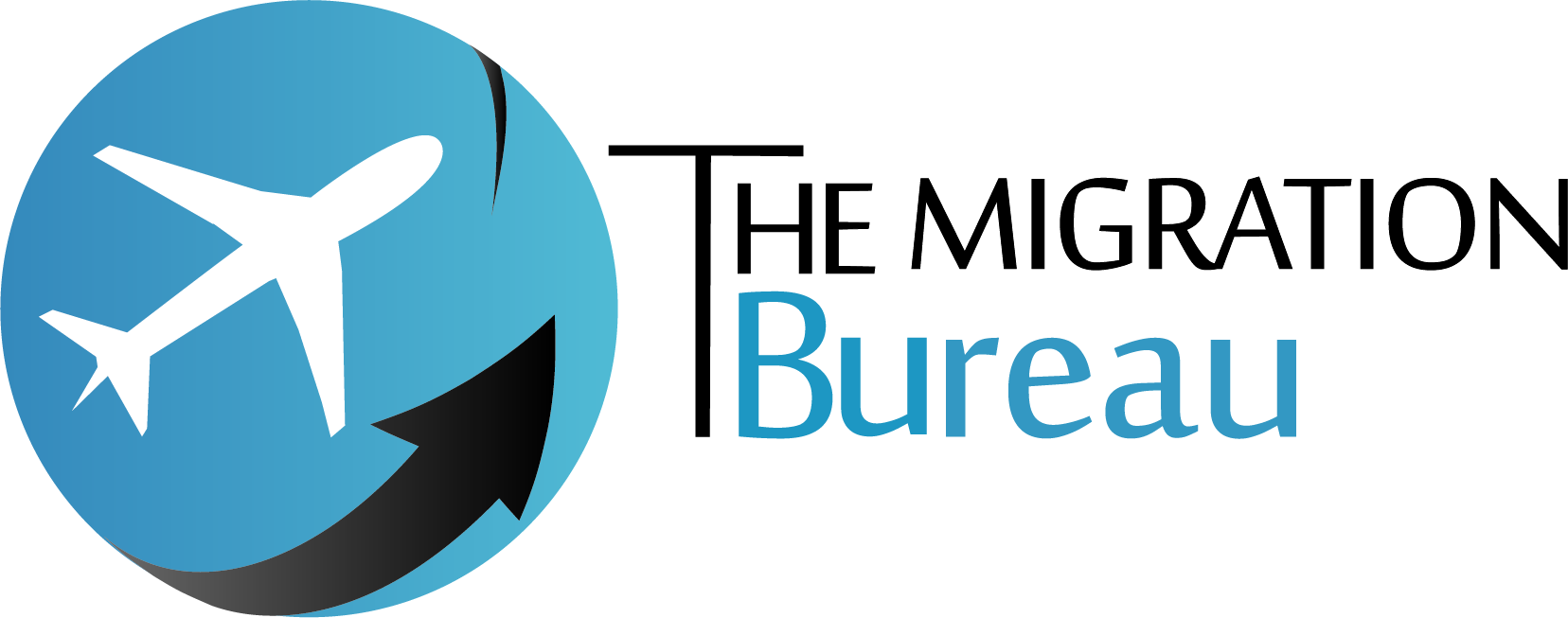- 30 March 2024
- Admin
- No Comments

Romania and Bulgaria join the Schengen Area in 2024
Romania and Bulgaria, two Eastern European nations with rich histories and vibrant cultures, have been integral members of the European Union since 2007. Despite their EU membership, both countries have faced challenges in fully integrating into the Schengen Area, which allows for passport-free travel across 27 European countries. However, recent developments have seen progress, particularly in terms of air and sea travel access, signaling a positive step towards closer integration and enhanced mobility within Europe.
The Schengen Area allows for free movement between 27 European countries without border checks. However, Romania and Bulgaria have faced challenges in joining since their EU accession in 2007. Starting from March 31st, 2024, even foreigners holding a Schengen visa will gain access to 29 countries when traveling by air or sea.
After years of difficulties, Austria reached a compromise in December 2023, allowing Romania and Bulgaria to join ‘Air Schengen’ for air and sea travel. However, restrictions on land travel remain, leading to economic issues.
Understanding Schengen Area
The Schengen Area, established in 1985, comprises 23 of the 27 EU member states, along with Switzerland, Norway, Iceland, and Liechtenstein. It enables citizens to travel freely between these countries, eliminating border checks and simplifying cross-border movement.
Effective March 31st, 2024, the Schengen Area will expand to encompass 29 countries, marking a significant milestone in European integration and promoting borderless travel across the region.
Joining the Schengen Area requires unanimous approval from all existing EU members, with a single ‘no’ vote, such as Austria’s in 2022, capable of stalling the entire accession process, highlighting the need for consensus within the EU.
Rollercoaster Journey for Romania and Bulgaria
Since joining the EU in 2007, Romania and Bulgaria have faced a tumultuous journey towards joining the Schengen Area. Initial attempts in 2011 were met with denials from six countries, citing concerns over corruption and organized crime. Germany’s blockage in 2013 highlighted the importance of upholding the Rule of Law. The 2015 migration crisis added further complexity, leading to delays in their accession process.
In 2022, progress seemed promising, but setbacks arose when the Netherlands and Austria vetoed their entry. However, in December 2023, Austria reached a compromise, paving the way for Romania and Bulgaria to join ‘Air Schengen’ for air and sea travel by March 2024.
Partial Schengen Accession
Although this represents progress, land travel will continue to be limited for the time being. As of March 31st, Bulgaria and Romania will partially integrate into the Schengen Area, allowing unrestricted movement via sea or air travel among member nations, which will benefit around 400 million individuals. Despite their EU membership since 2007, they had not been included in the borderless region until this point.
Impact on Travelers
Even though travelers can experience seamless air and sea travel within the Schengen Area, they are still required to present their passports for land travel. Nevertheless, this partial integration ensures quicker and more convenient journeys for passengers, particularly when flying to or from Schengen countries.
Schengen Visa
At present, Bulgaria and Romania are granting national entry visas. However, starting from April 1, 2024, they are set to transition to issuing standardized Schengen C visas.
The Romanian e-visa platform will be inaccessible for the submission of short-stay visa applications from March 1 to March 30, 2024. In urgent cases, applicants can only apply for visas by directly contacting a Romanian consular post.
As for Bulgaria, the method for applying for Schengen C visas has not been confirmed, and there is currently no online portal available. We will provide updates as soon as more information becomes accessible.
Benefits for Bulgaria and Romania
The complete integration into the Schengen Zone is anticipated to have a substantial positive impact on the economies of Bulgaria and Romania. Eliminating land border controls will lower costs for both nations and improve trade, tourism, investment, labor mobility, and environmental standards.
Future Prospects
Although the partial accession represents progress, discussions will continue for full Schengen membership. The priority remains the elimination of land border controls, with ongoing negotiations focused on addressing concerns and safeguarding the EU’s external borders.
Conclusions
In conclusion, the journey of Romania and Bulgaria towards full integration into the Schengen Area has been marked by challenges, setbacks, and eventual progress. The recent developments, including their partial accession and the upcoming issuance of standardized Schengen visas, signify a significant step forward in their European integration journey.
While travelers will benefit from enhanced mobility and streamlined air and sea travel within the Schengen Area, the partial accession highlights the ongoing efforts to address concerns and ensure a smooth transition for both countries.
Looking ahead, discussions for full Schengen membership will continue, with a focus on eliminating land border controls and maintaining consensus within the EU. The anticipated economic benefits, improved travel experiences, and strengthened cooperation underscore the positive impact of Romania and Bulgaria’s integration into the Schengen Zone.










